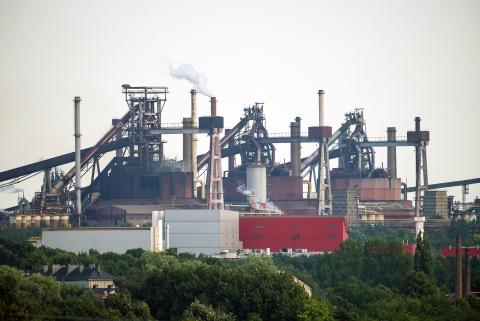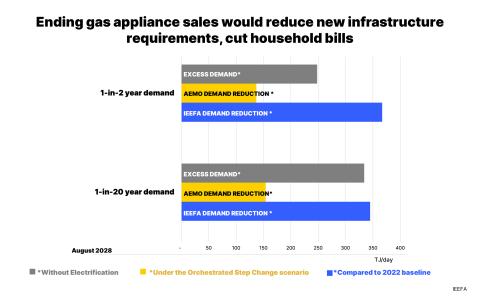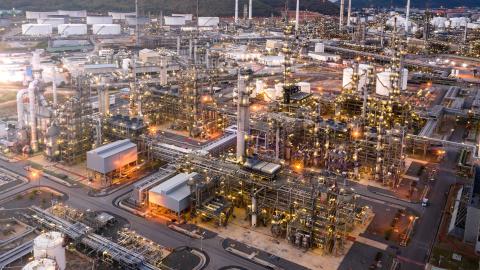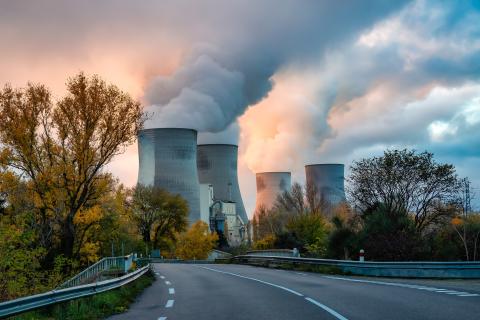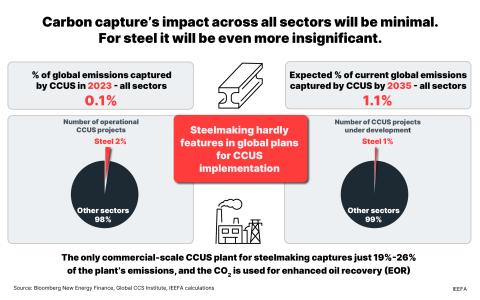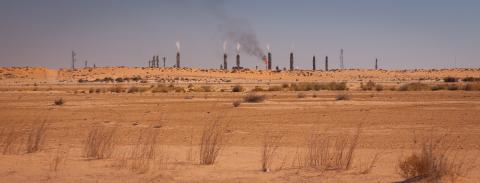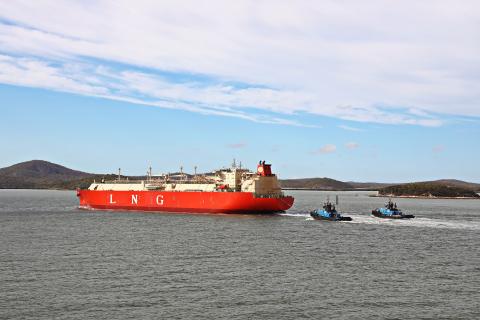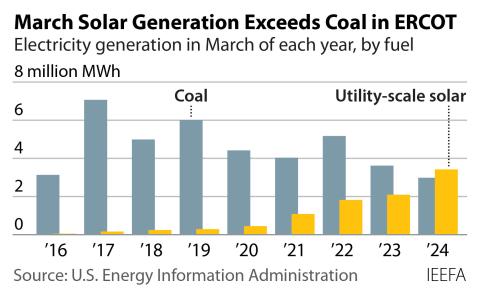The Latest Prospects for Adani’s Coal Project? More Remote Than Ever
A year and a half on, we see the same key financial and operational risks at play.
The Carmichael mine project—which is at the heart of Adani’s scheme in Australia—remains far from financial close, and we don’t see the project’s first commercial coal production until 2018 at the earliest. Moreover, global coal markets today present huge red flags.
Today, we’ve posted a briefing note that updates “Remote Prospects” on several points. Here are some of them:
- The China-U.S. Climate Change Agreement of November 2014 strongly supports our projection that Chinese (and global) demand for coal will peak by 2016. China’s imports of coal have declined already a record 38 percent year-on-year in the first four months of 2015 after a 9% decline in 2014.
- India, the third-largest domestic thermal coal market in the world, would cease to import coal sometime during the next two to three years under a plan proposed this past November by Energy Minister Piyush Goyal.
- The price of seaborne thermal coal has fallen more than 25 percent since we published “Remote Prospects,” underlining a growing awareness and acceptance that seaborne thermal coal markets have entered structural decline.
- While Adani has suggested it expects to secure adequate financial backing from public and private sources, the reality, we’ve found, is that most of the deals it has announced are not legally binding. The State Bank of India is the latest major global institution to rule out financing of the Galilee and Abbott Point.
- Many government hurdles to project approval remain, including processes for permits that take into consideration environmental impacts, and indigenous groups in Australia are staunchly opposed to Adani’s plan.
- The project would require a massive and improbable infusion of debt, but a growing number of global banks key to most major coal-mining investments have eschewed it, mostly because of the risk it would pose to the Great Barrier Reef. (The 11 banks that have taken a public pass on the project include Deutsche Bank; HSBC; Royal Bank of Scotland; Barclays; Morgan Stanley; Citigroup; Goldman Sachs; JP Morgan Chase and most recently Societe Generale, BNP Paribas and Credit Agricole. In May 2015 Bank of America announced it would move to exit coal lending entirely.
Add to these many problem this one too: If Adani were somehow able to beat these many odds and successfully develop rail, water, transmission, power, air and road infrastructure for coal-mine development in the Galilee Basin, it would—ironically enough—only be further undermining the project’s commercial viability.
It would in effect flood the seaborne coal market with ever-more supply at a time when prices have already collapsed and when the world’s appetite for coal wanes.
Tim Buckley is IEEFA’s director of energy finance studies, Australasia.




